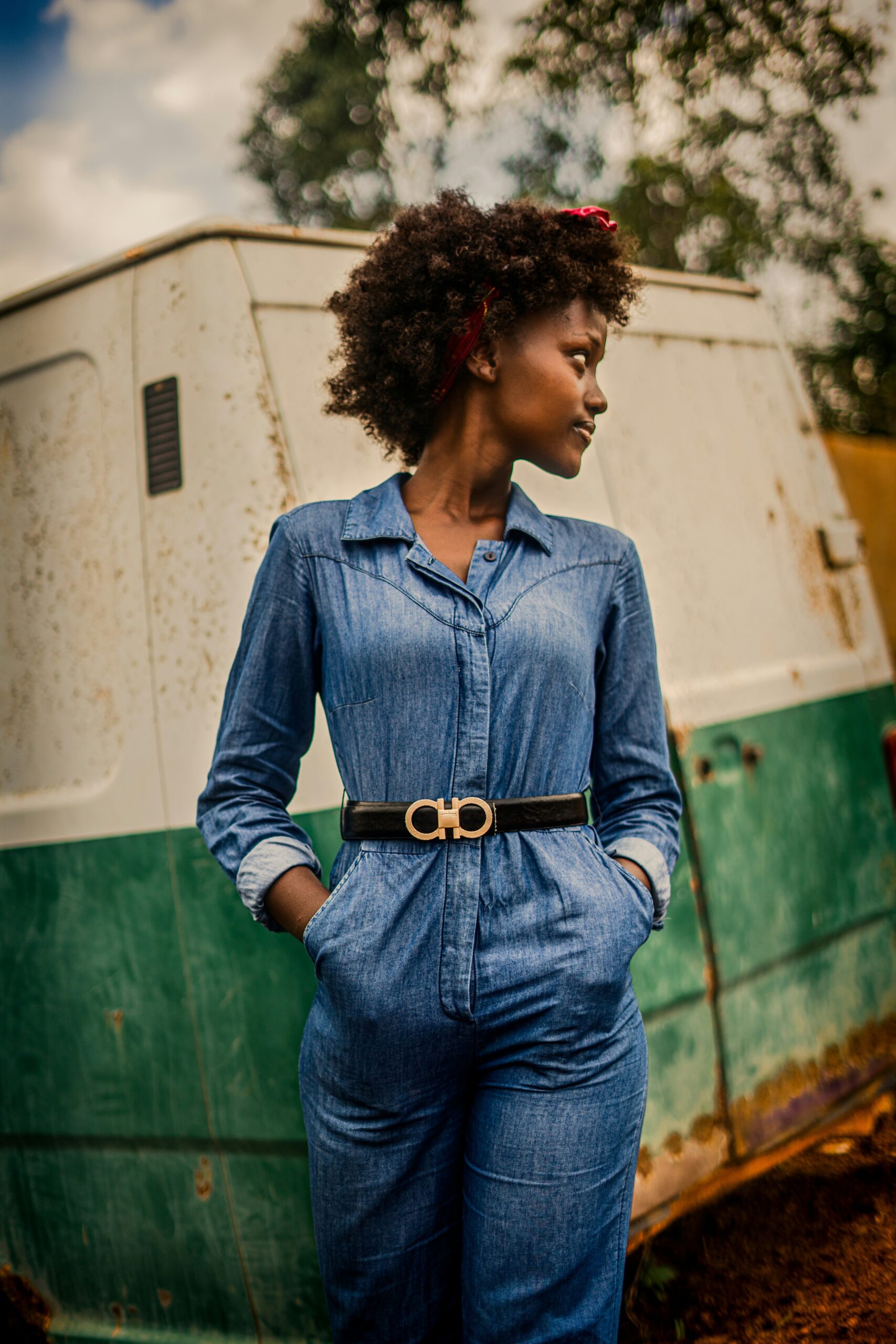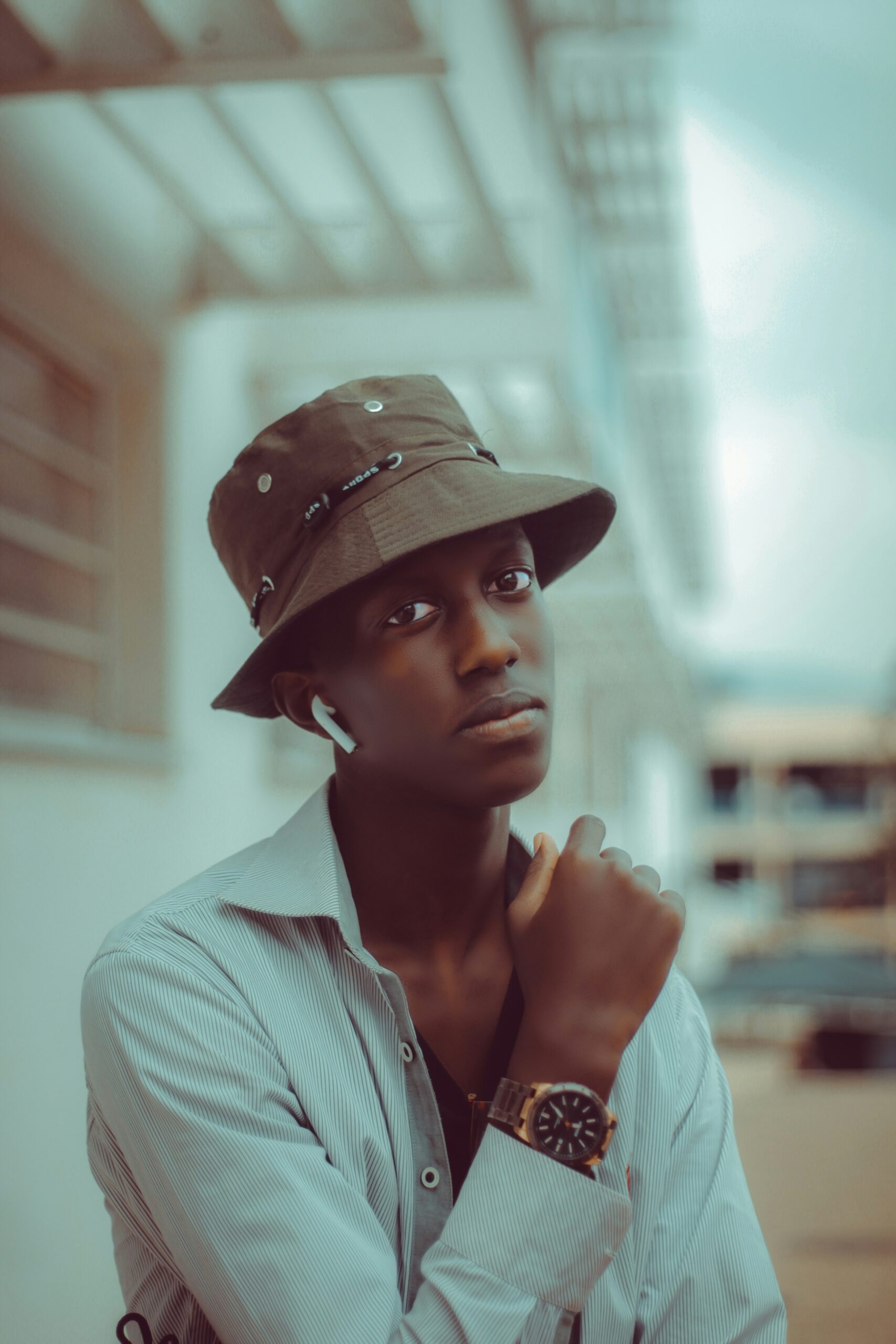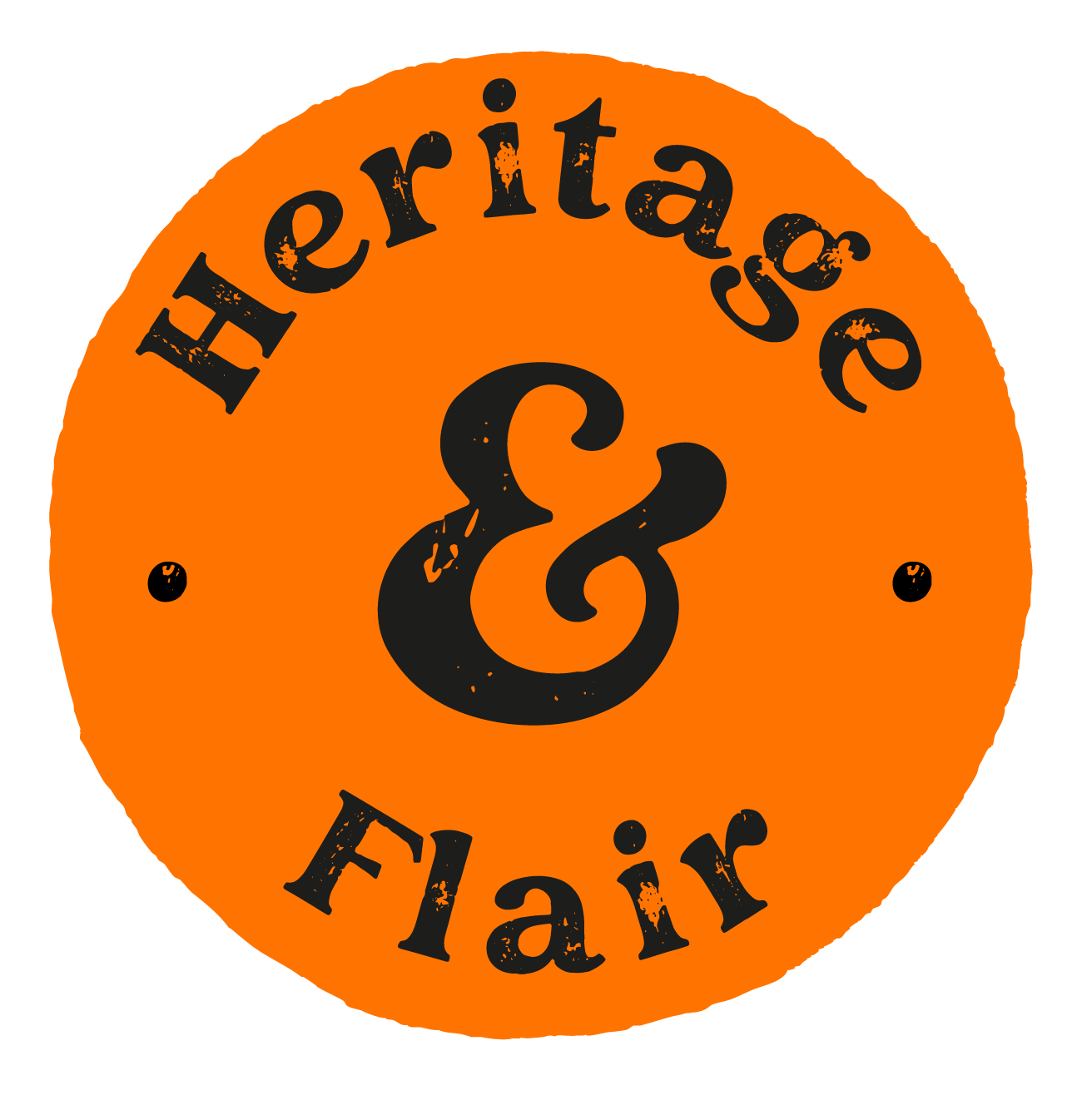
Photo by Reagan M
Rwanda
Rwanda is a landlocked country located in East-Central Africa. It is bordered by Uganda to the north, Tanzania to the east, Burundi to the south and the Democratic Republic of the Congo to the west.
Kigali is the capital and largest city of Rwanda. It is situated in the centre of the country. Rwanda is a multilingual nation with four official languages: Kinyarwanda, French, English, and Kiswahili. Kinyarwanda is the most widely spoken language.
Rwanda has a population of over 12 million people. It is known for its relatively high population density and being one of the most densely populated countries in Africa.
Rwanda gained independence from Belgian colonial rule on July 1, 1962. The country has since undergone significant social and economic transformation. Rwanda operates as a unitary presidential republic. The President is both the head of state and head of government. The political system has seen efforts towards reconciliation and national unity following the 1994 genocide.
Agriculture is a significant sector, with coffee and tea being important export crops. Additionally, the country has invested in information technology and services.
The Kigali Genocide Memorial is a sobering memorial and museum dedicated to the victims of the 1994 Rwandan Genocide against the Tutsi. It serves as a place of remembrance and education about the tragic events.
Rwanda is often referred to as the “Land of a Thousand Hills” due to its hilly and mountainous terrain. The country’s topography is characterised by lush green landscapes and scenic vistas.
The Virunga Mountains, located in the northwest, are a volcanic mountain range that stretches across Rwanda, Uganda, and the Democratic Republic of the Congo. They are home to the endangered mountain gorillas, and Rwanda’s Volcanoes National Park is a popular destination for gorilla trekking.
Lake Kivu, one of the African Great Lakes, forms part of Rwanda’s western border with the Democratic Republic of the Congo. It is known for its scenic beauty and serves as a source of hydroelectric power.
The Akagera National Park in the east of Rwanda is home to a variety of wildlife, including elephants, lions, giraffes, and hippos. The park has undergone restoration efforts to reintroduce species and promote conservation.
Located in Kigali, the Inema Arts Center is a collective of Rwandan artists showcasing contemporary African art. It serves as a platform for cultural exchange and creativity.
Rwanda implemented “Umuganda,” a monthly community service day where citizens engage in activities like tree planting and cleaning public spaces. This initiative has contributed to the country’s commitment to cleaniliness and environmental sustainability.
Hidden Insights: Uncovering Rwanda
1. Rwandan Women in Leadership: Rwanda has made significant strides in promoting gender equality and women’s representation in political leadership. It boasts the highest percentages of female representation in the national parliament globally, with women holding more than half of the seats.
2. Gorilla Naming Ceremony: Rwanda has an annual event known as “Kwita Izina,” where baby gorillas born in the previous year are named. The ceremony aims to raise awareness about gorilla conservation and ecotourism.
3. Rwandan Cycling Success: Rwanda has seen success in competitive cycling, particularly in road cycling. The country’s cyclists have gained recognition on the international stage, and events like the Tour du Rwanda have become significant in the cycling calendar.
4. Coffee Culture: Rwanda is known for its high-quality coffee, and coffee farming plays a significant role in the country’s economy. Rwandan coffee has gained international recognition for its unique flavours and is produced by smallholder farmers across the country.

Photo by Yann Shimo

Photo by Tony Lewis Manzi
Capital City: Kigali
Population: 13,400,541 (2023 est.)
Nationality: Rwandese/Rwandan(s)
Location: Central-East Africa
Languages: Kinyarwanda (official, universal Bantu vernacular) 93.2%, French (official) <0.1, English (official) <0.1, Swahili/Kiswahili (official, used in commercial centers) <0.1, more than one language, other 6.3%, unspecified 0.3% (2002 est.)
Religion: Christian 95.9% (Protestant 57.7% [includes Adventist 12.6%], Roman Catholic 38.2%), Muslim 2.1%, other 1% (includes traditional, Jehovah’s Witness), none 1.1% (2019-20 est.)
Area Total: 26,338 sq km
Rwanda Embassy/High Commission in UK
Address: 120-122 Seymour Place, Stratford Place, London W1H 1NR
Website: https://www.rwandainuk.gov.rw
Correcting The Map: The True Size Of Africa
The Mercator Projection downplays the size of Global South continents as it makes the Global North look larger
Heritage: What shapes us?
When heritage is mentioned, our minds often leap to the spectacular and the visible: the grandeur of world heritage sites, the majesty of traditional attire, the vibrant swirl of dances and festivals, or the melodies of mother tongues. These are the showpieces of...
HER-itage: Africa’s Phenomenal Queens And Leaders
Honouring and celebrating the incredible contributions of women throughout African history. These remarkable women have shaped nations, led revolutions, and stood against oppression with unwavering resilience. These queens, warriors, and visionaries broke barriers,...
